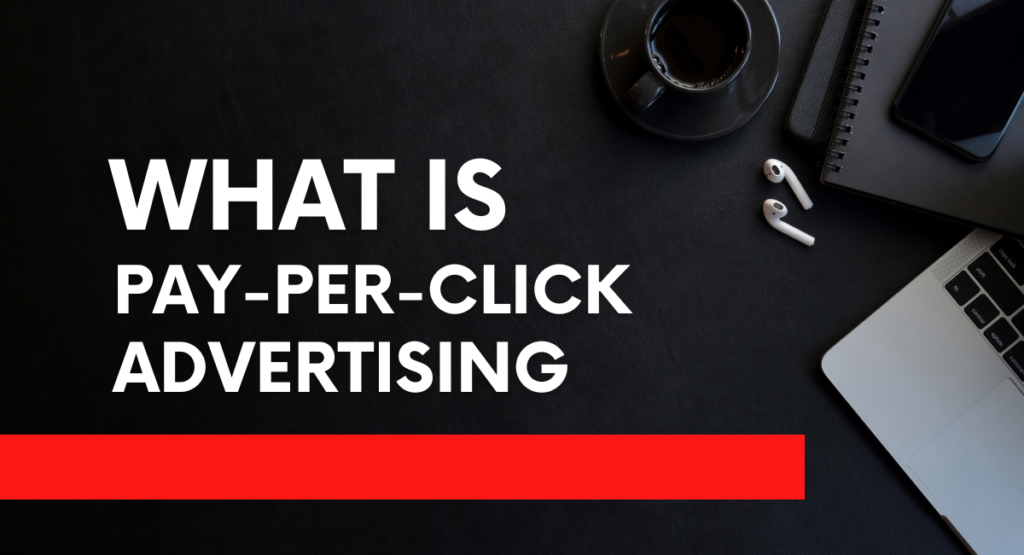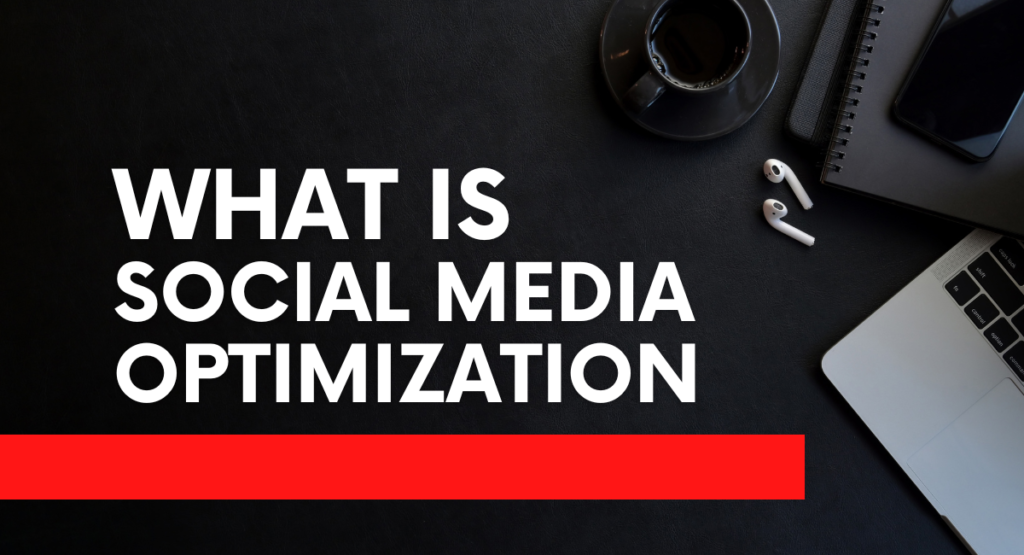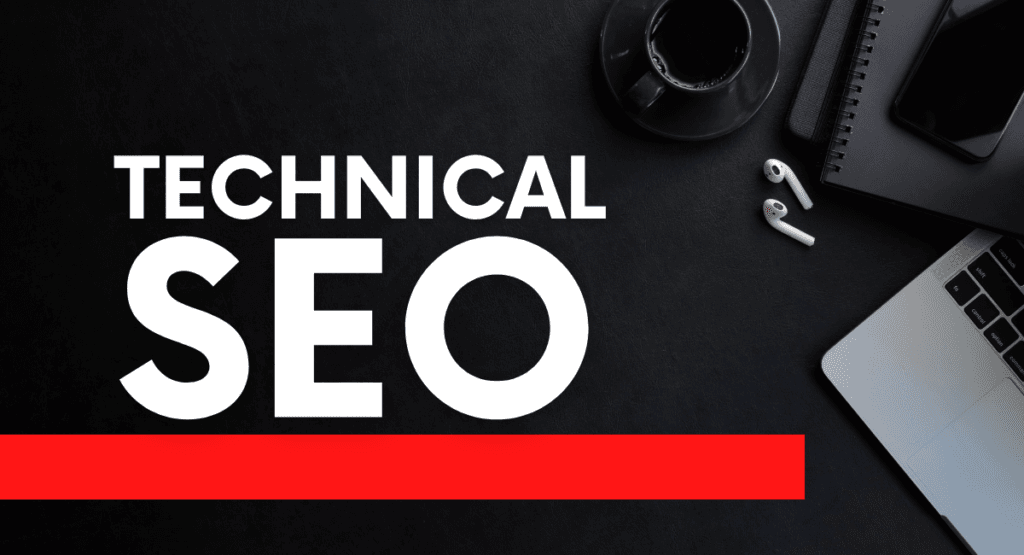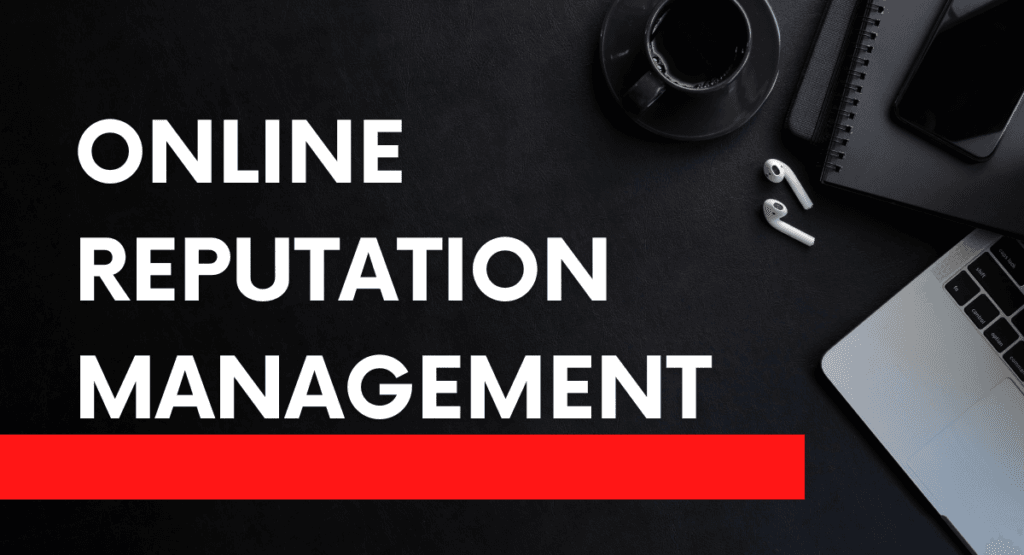Pay-Per-Click (PPC) Advertising
Advertisers who utilize pay-per-click (PPC) advertising must fork out money each time a user clicks on their piece of content. This technique lets you buy visits to your website instead of getting them organically. It is typically used on social media and search engines to get focused traffic.
Explanation of PPC as an online advertising model
PPC advertisers bid on certain keywords so that their adverts appear when users search for those terms. Two examples of the factors that influence the placement of the advertising are ad quality and bid amount. This is a cheap technique to get more visitors because they only have to pay when a person clicks on their advertisement.
Overview of how PPC works
PPC works by enabling businesses to create adverts that appear for people searching for specific keywords or viewing relevant content. The ads are put up for auction, and the winning ones are displayed on webpages or at the top of search engine results pages. The advertiser is paid every time a user clicks on their advertisement under this performance-based model.
Importance of PPC in Digital Marketing
PPC is crucial to digital marketing since it provides websites with immediate visibility and targeted visitors. Because it enables businesses to engage with potential customers who are actively searching for their products or services, it is a vital instrument in the field of digital marketing. It also provides quantitative results and precise targeting.
The Relevance of PPC in today’s digital landscape
In the current digital environment, PPC is still highly important because it may yield targeted, fast results. PPC offers businesses the capacity to target specific audiences, control their advertising expenditures, and monitor the effectiveness of their campaigns in real time—a valuable tool given the rise of e-commerce and online competition. As consumers rely more and more on search engines and social media, PPC is a strategic way to grab attention and promote meaningful engagement.
How PPC Works
Basic Mechanism
Advertisers who employ PPC (Pay-Per-Click) advertising can bid on specific keywords connected with their products or services. An automated ad auction determines which advertisements display when consumers search for specific keywords using characteristics such as bid amount and ad quality. Advertisers ensure cost-efficiency by paying only when users click on their ads.
- Explanation of bidding on keywords
Advertisers who utilise PPC bid on keywords they believe their target audience would search for. The bid represents the highest sum they are willing to pay for a click. The possibility of the ad appearing prominently in search results or on partner websites rises with bid and ad relevancy.
- The role of ad auctions
When a user searches for a term on which advertisers have bid, an ad auction takes place. Many factors, including bid amount, ad quality, and predicted impact, influence the order in which ads appear in the auction. This technique guarantees that only the most relevant advertisements are displayed to the intended audience.
Key Players
- Advertisers
Advertisers are businesses or individuals who design and pay for PPC ads to market their products, services, or content online.
- Publishers
Publishers are search engines that display PPC advertising on the websites of their partner networks or on their search results pages, such as Google and Bing.
- Users
Users are viewers and interactants in PPC adverts who generate traffic, leads, or revenue for their sponsors.
Common PPC Platforms
- Google Ads
Marketers may reach a large audience by using Google Ads, the industry’s top pay-per-click (PPC) platform.
- Bing Ads
Bing and its partner networks use a cost-per-click (CPC) infrastructure to offer competitive pricing. It’s similar to Google AdWords.
- Social media platforms
PPC advertising on social media platforms such as Facebook, Instagram, and LinkedIn enables advertisers to target individuals based on demographics and social behaviour.
Types of PPC Ads
Search Ads
- Definition and examples
Text-based ads referred to as “search ads” appear on search engine results pages (SERPs) when users enter specific keywords. For example, when someone searches for “running shoes,” an advertisement from a sportswear retailer may appear as the top result.
- Where they appear on search engine results pages (SERPs)
These ads typically include the label “Ad” and appear at the top or bottom of the search engine results page.
Display Ads
- Definition and examples
“Display ads” are visual advertisements that appear on websites and applications that are a part of the Google Display Network or other ad networks. These ads often take the form of banners or images. Because of their eye-catching visuals, these ads can be used for retargeting, brand recognition, or driving more traffic to websites.
- Where they appear on websites and apps
They appear on blogs, news websites, and other online forums on a regular basis.
Shopping Ads
- Definition and examples
Purchasing Commercials
Shopping ads display specific products with their prices, descriptions, and images on search engine results pages.
- How they work for e-commerce
These ads allow potential customers to browse products and prices without having to visit the retailer’s website makes them particularly effective for e-commerce businesses. For example, searching for “laptop” can result in buying ads from several retailers.
Video Ads
- Definition and examples
Video ads are adverts designed to capture viewers’ attention on an emotional and visceral level. A few examples include Facebook in-stream ads, Instagram video ads, and YouTube pre-roll commercials. These advertisements can range from brief 6-second video to longer ones, depending on the platform and campaign objectives.
- Platforms where they are used
The most popular video advertising platforms include Facebook, Instagram, LinkedIn, TikTok, YouTube, and others. Video commercials are an extremely effective way to increase brand visibility and engagement because these platforms enable advertisers to target specific audiences based on demographics, interests, and behaviours.
Remarketing Ads
- Definition and examples
Remarketing is the technique of displaying tailored advertisements to customers who have previously visited a website or engaged with a business. For example, if a customer examines a product on an e-commerce site but decides not to buy it, they may receive adverts for it on other websites or social media channels. This could entice them to return and complete the transaction.
- How they target previous visitors
Remarketing ads work by detecting visitors who have visited a website or interacted with certain content using cookies or tracking pixels. These visitors then see the ads while browsing other websites or using social media, which helps to retain brand awareness and boost conversions.
Key Components of a PPC Campaign
Keywords
- Importance of keyword research
Crucial to ensure ad relevancy and correctly targeting the target audience.
- Tools for keyword research
SEMrush, Ahrefs, Moz, and Google Keyword Planner are well-known resources.
Ad Copy
- Crafting effective ad copy
Concentrates on producing messages that are click-worthy, understandable, and pertinent.
- A/B testing for optimization
Continually experimenting with various ad copy iterations to determine which ones best connect with the target audience.
Landing Pages
- Importance of relevant and high-quality landing pages
Increases conversion rates by making sure users find what they’re looking for.
- Tips for optimizing landing pages
Ensure quick load times, reflect the message of the advertisement, and use obvious CTAs.
Bid Management
- Strategies for setting and adjusting bids
Adjust bids in accordance with objectives, competition, and campaign performance.
- Automated vs. manual bidding
While manual bidding gives you more control over particular strategies, automated bidding sets bids using algorithms.
Benefits of PPC Advertising
Immediate Results
- Quick setup and launch of campaigns
PPC advertising allows you to easily set up and run campaigns, giving your business instant awareness. When your ads go live, they can almost immediately begin to drive traffic and produce leads or sales, which makes PPC the perfect option for companies looking for rapid outcomes.
Measurable Results
- Tracking and analytics capabilities
PPC campaigns have strong analytics and tracking features that let marketers assess the success of their campaigns in real time. Metrics such as return on ad spend (ROAS), click-through rates, and conversion rates offer insightful data that may be used to optimise campaigns and meet corporate objectives.
Targeted Advertising
- Audience targeting options
PPC platforms for targeted advertising provide marketers with sophisticated audience targeting choices, enabling them to target particular demographics, geographic regions, and interests. By displaying advertising to the most relevant users, this accuracy maximises return on investment and increases the possibility of conversions.
Cost Control
- Budget flexibility and control over spending
PPC advertising provides marketers with financial flexibility by allowing them to set daily or campaign-specific budgets. Businesses with complete control over their spending can alter their budget allocation based on campaign performance, ensuring that marketing money are used effectively.
Challenges and Considerations
Competition and Costs
- High competition for popular keywords
Popular keywords usually generate high levels of competition, increasing bidding costs.
- Potential for high costs
Budgets may be squeezed as a result, particularly for small businesses. Advertisers must carefully select keywords and regularly change their bids to mitigate this effect.
Click Fraud
- Explanation and impact
Click fraud occurs when fake clicks on advertisements deplete advertising funds. This may have a significant impact on ROI and campaign performance.
- Strategies to mitigate click fraud
To address this issue, campaign activities must be routinely monitored and click fraud detection tools implemented.
Ad Fatigue
- How repetitive ads can affect audience perception
When users see the same advertisement again, they get jaded and less engaged with it.
- Ways to refresh and rotate ads
In order to combat this and keep the audience interested in and responding to the campaign, advertisers should regularly rotate and refresh their ad creatives.
PPC Best Practices
Keyword Optimization
- Continual keyword research and negative keywords
Keyword optimisation necessitates constant study to identify high-performing keywords and negative terms that should be removed to avoid clicks on pointless material. Regular updates and refinement of keyword lists ensures that ads are displayed to the most appropriate audience. This maximises return on investment and raises click-through rates.
Ad Copy Testing
- Importance of regular A/B testing
If PPC is to be successful, ad language needs to be A/B tested frequently. By examining several ad text variations, marketers can determine which messages resonate most with their target audience, leading to higher engagement levels, better click-through rates, and ultimately higher conversion rates.
Performance Monitoring
- Regular analysis of campaign performance
In PPC, regular campaign performance analysis is crucial. Advertisers can see patterns, evaluate the success of their campaigns, and make data-driven changes by keeping an eye on important indicators. This continuous procedure guarantees that campaigns continue to produce the best outcomes and stay in line with corporate objectives.
- Financial Management
In PPC advertising, money allocation must be done efficiently. Advertisers can grow successful campaigns, increase funding for high-performing advertising, and cut costs for poor ones by evaluating campaign performance. By using a strategic strategy, advertising funds are employed in a way that maximises return on investment.
- New Developments
PPC is being revolutionised by AI and machine learning, which also optimise targeting and personalise ad content.
- Adjusting strategies based on data
By delivering more relevant advertisements to their viewers, advertisers are able to increase campaign efficiency and effectiveness thanks to these technologies.
Budget Management
- Efficient allocation of budget
In PPC advertising, money allocation must be done efficiently. Advertisers can grow successful campaigns, increase funding for high-performing advertising, and cut costs for poor ones by evaluating campaign performance.
- Scaling successful campaigns
By using a strategic strategy, advertising funds are employed in a way that maximises return on investment.
Future of PPC Advertising
Emerging Trends
- AI and machine learning in PPC
Because voice search is altering how people interact with search engines, advertisers need to adjust their PPC strategy.
- Voice search and its impact on PPC
With more consumers relying on voice-activated gadgets, it will become increasingly important to optimise PPC ads for long-tail keywords and natural language enquiries.
Technological Advancements
- Automation tools and platforms
With the use of automation tools and platforms, PPC administration is becoming more effective, which makes way for better targeting capabilities and streamlined processes.
- Enhanced targeting capabilities
These advancements have made it possible for advertisers to reach incredibly focused audiences, refine campaigns in real-time, and raise the overall efficacy of their ads.
Conclusion
Pay-per-click (PPC) advertising is a powerful tool in the realm of digital marketing, providing businesses with precise targeting, fast results, and measurable outcomes. By continually tweaking keywords, testing ad text, and managing budgets effectively, advertisers can maximise return on investment. As the market is transformed by emerging technologies like as voice search and artificial intelligence (AI), it will become increasingly important to stay ahead of trends and make use of state-of-the-art solutions to sustain success in PPC campaigns.
FAQ’s
How do I choose the right keywords for my PPC campaign?
Use tools like Google Keyword Planner to find highly effective, customised terms. Next, pick keywords with a high search traffic volume that are competitive and relevant.
What tools can I use for PPC advertising?
Program management, keyword research, bid optimisation, and performance tracking are made easier with the use of programs like Google Ads, Bing Ads, SEMrush, and WordStream.
How much does PPC advertising cost?
The cost of PPC advertising is influenced by the industry, targeting, and keyword competitiveness. Daily budgeting or total control over expenditures are the two possibilities.
What are the different types of PPC ads?
PPC advertisements try to connect with a variety of consumer behaviour and platforms. They consist of search, display, video, remarketing, and shopping adverts.






